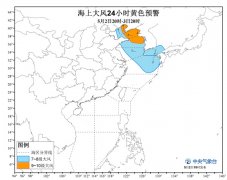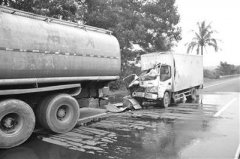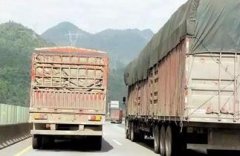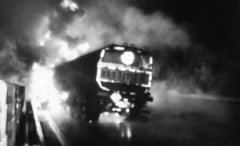U.S., Canada Toughen Oil-Train Safety Standards
By Editing NAI
05/04/2015 6:36 a.m.
The United States and Canada on Friday announced long-awaited safety rules for trains carrying oil, as regulators seek to reduce risks after a series of explosive accidents that accompanied a surge in crude-by-rail shipments.
The rules call for a rapid phase out of older tank cars considered unsafe during derailments, and are more aggressive than even some of the toughest proposals yet put forward. The rail and energy sectors have already expressed concern that the required speed of the phase outs is not feasible and the potentially billions of dollars in costs will be too high for the small safety improvements they deliver.
Under the rules, announced by Canada's Minister of Transport, Lisa Raitt and U.S. Transportation Secretary Anthony Foxx, tank cars built before October 2011 known as DOT-111 will be phased out within three years. DOT-111 tank cars, until now the workhorse of the oil by rail fleet, are considered prone to puncture during accidents, increasing the risk of fire and explosions.
Tank cars built after October 2011 meeting more updated standards, known as CPC-1232, without reinforced hulls will be phased out by 2020, three years faster than rules proposed in Canada earlier this year that were already considered stringent.
The tougher standards come nearly two years after a train carrying crude oil came off the rails in the Canadian town of Lac Megantic in July 2013, exploding and killing 47 people. Since then, a series of fiery accidents involving crude trains have occurred in rural areas across North America.
The suite of new regulations is expected to cost an estimated $2.5 billion to implement over the next two decades, two thirds of that to retrofit or retire existing tank cars, according to cost estimated in the rules.
The oil industry is concerned that a demand for a 9/16th-inch steel tanker frame will make the existing tanker car obsolete, since upgrades would be too costly.
Charles Drevna, the president of the American Fuel & Petrochemical Manufacturers, a leading voice for the refining industry, said a five-year phase out of existing tank cars - a timetable endorsed by the U.S. National Transportation Safety Board - was unrealistic.
,沈阳二手火车罐出售











